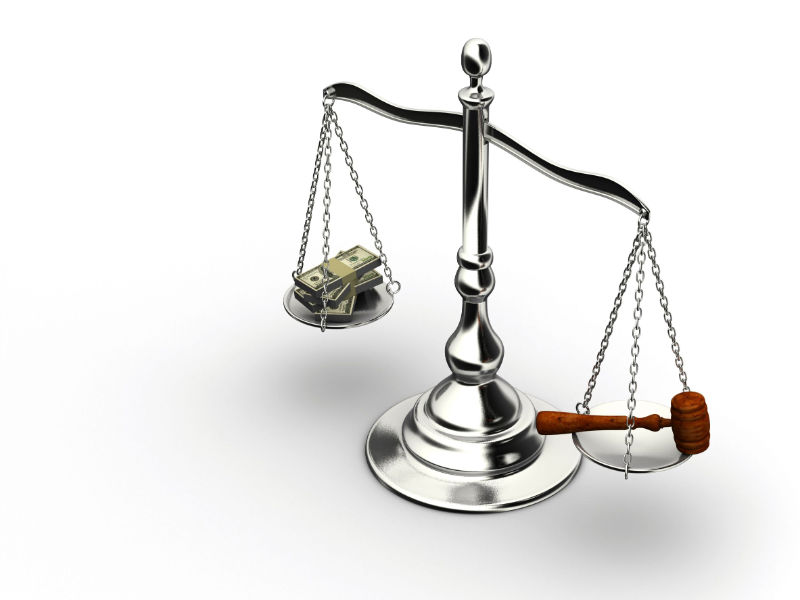Being overwhelmed by debt is both frustrating and extremely disheartening for most people. If you are considering filing for bankruptcy, you should be prepared before you ever start the process. The following are a few things that you can expect when you choose to file for Chapter 13 Bankruptcy.
The Petition
The first step in the bankruptcy process is filing a petition with courts that handle Chapter 13 Bankruptcy. Be sure that you petition the right court because if you do not the petition will be denied and you will need to start over. In most cases, the court that you live closest to will be the best option for your filing, but you should check with an attorney to verify that you are filing correctly. In this petition you will need to list your debts as well as a detailed list of all of your assets. This is used to assess your eligibility for the bankruptcy process.
Trustee
The next thing that the court will do is assign you a trustee, which oversees your case and any type of payment plan that you may have after your hearing. The trustee that you are appointed is supposed to act in a neutral manner and not favor you or your creditors during the bankruptcy process. Be sure to note that the trustee is not a lawyer, so if you need legal representation you will need to arrange that on your own.
Repayment
If you choose to file a Chapter 13 bankruptcy, you and your trustee will spend most of your time together developing a payment plan to repay your creditors. This payment plan will be a set amount that you will pay on a monthly basis for a set amount of time. When using a repayment plan, your debts are generally consolidated and reduced significantly from their original amount.
If you find yourself in need of legal representation during this confusing time, be sure to call the Iowa Bankruptcy Law Firm. They have over 25 years of experience dealing with bankruptcies and can put that experience to work for you.



